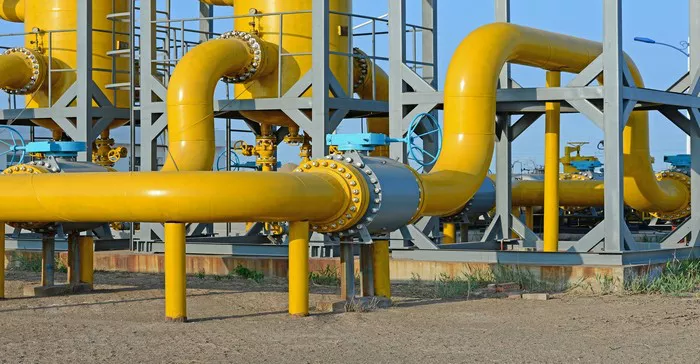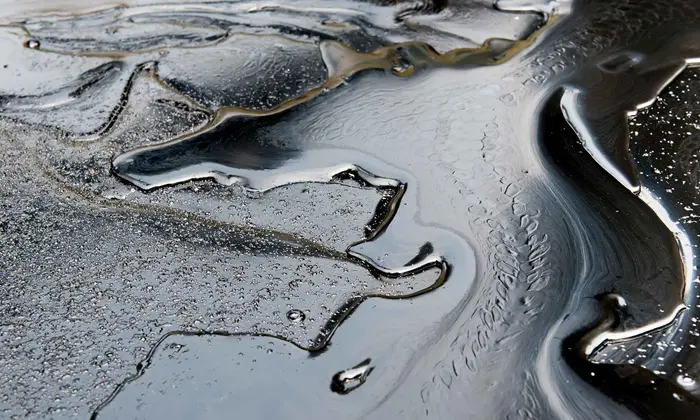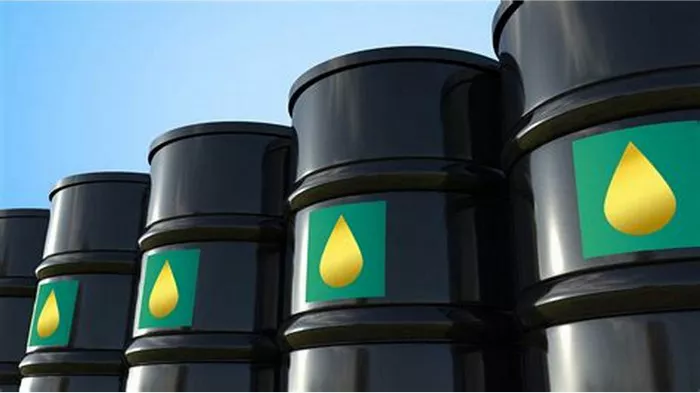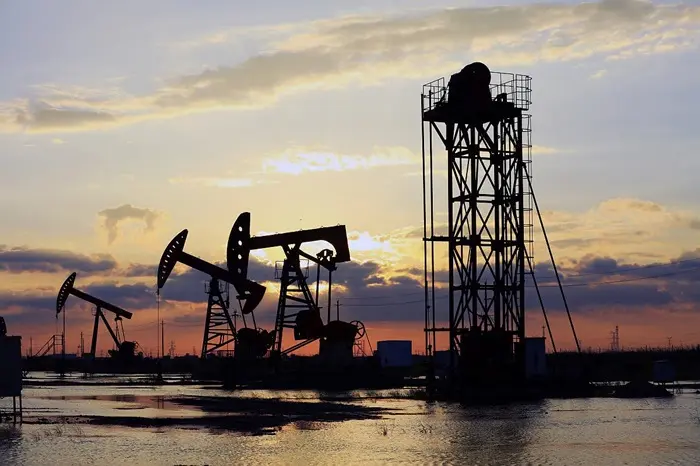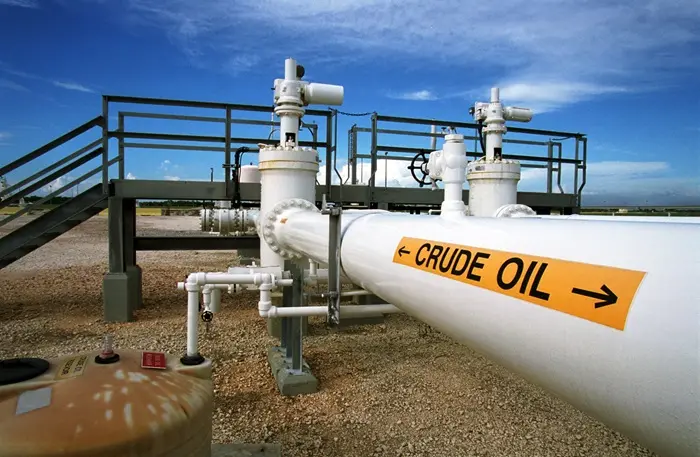Crude oil, often referred to as “black gold,” has been a crucial resource in shaping the modern world. Its discovery marked the beginning of a new era in energy production, transportation, and industrial growth. Understanding where crude oil was first found in the United States provides valuable insights into the history and development of the oil industry.
Early Uses of Oil
Ancient Uses of Oil
Before the industrial era, various forms of oil were used by ancient civilizations. They utilized natural seepages of oil for medicinal purposes, waterproofing, and as a source of light. The Babylonians and Egyptians were known to use bitumen, a form of crude oil, for construction and mummification.
Native American Uses
Native Americans also recognized the utility of oil. They used it for medicinal purposes and as a sealant for canoes and other watercraft. These early uses of oil laid the groundwork for its eventual commercial exploitation.
The Birth of the American Oil Industry
The Pennsylvania Oil Rush
The first significant commercial discovery of crude oil in the United States occurred in Pennsylvania. On August 27, 1859, Edwin L. Drake successfully drilled the first productive oil well near Titusville, Pennsylvania. This event is widely regarded as the birth of the modern petroleum industry.
Drake’s Well
Drake’s well, often called “Drake’s Folly” during its construction due to widespread skepticism, struck oil at a depth of 69 feet (21 meters). The well produced 20 barrels of oil per day initially, a modest amount by today’s standards, but it demonstrated the feasibility of drilling for oil. This success sparked the Pennsylvania oil rush and led to the rapid development of the oil industry in the region.
The Impact of the Pennsylvania Discovery
Economic Impact
The discovery of oil in Pennsylvania had a profound economic impact. It transformed the region into a bustling hub of activity, attracting entrepreneurs, laborers, and investors. Towns like Titusville and Oil City grew rapidly, with new businesses and infrastructure emerging to support the burgeoning industry.
Technological Advancements
The success of Drake’s well prompted further technological advancements in drilling and oil production. Innovations such as improved drilling techniques, storage methods, and transportation systems were developed to meet the growing demand for oil.
See Also: 10 Different Petroleum Products Made From Crude Oil
Expansion Beyond Pennsylvania
Ohio and West Virginia
Following the success in Pennsylvania, oil exploration expanded to neighboring states. Ohio and West Virginia emerged as significant oil-producing regions in the late 19th century. The discoveries in these states further solidified the importance of the Appalachian Basin as a major oil-producing area.
The Texas Oil Boom
The discovery of oil in Texas in the early 20th century marked another milestone in the history of the American oil industry. The Spindletop oil field, discovered in 1901 near Beaumont, Texas, produced an unprecedented gusher of oil, signaling the start of the Texas oil boom. This discovery shifted the center of the American oil industry from the Northeast to the Gulf Coast region.
The Significance of Early Oil Discoveries
Transformation of Energy Sources
The discovery of crude oil revolutionized the energy landscape. Before oil, coal was the primary source of energy for industrial and transportation purposes. Oil provided a more efficient and versatile energy source, leading to the development of internal combustion engines and the rise of the automotive industry.
Economic Growth and Industrialization
The oil industry played a crucial role in driving economic growth and industrialization. The availability of oil facilitated the expansion of industries such as manufacturing, transportation, and chemicals. It also created numerous job opportunities and contributed to the overall prosperity of the regions where oil was discovered.
Challenges and Environmental Impact
Boom and Bust Cycles
The early oil industry experienced boom and bust cycles, characterized by periods of rapid growth followed by economic downturns. The volatility of oil prices and the depletion of easily accessible oil reserves led to fluctuations in production and investment.
Environmental Concerns
The extraction and use of crude oil have significant environmental consequences. Oil spills, habitat destruction, and air and water pollution are some of the environmental challenges associated with the oil industry. The early years of the industry saw little regulation or awareness of these issues, leading to long-term environmental impacts.
The Evolution of the Oil Industry
Advances in Technology
The oil industry has continuously evolved, driven by technological advancements. Innovations in drilling techniques, such as hydraulic fracturing and horizontal drilling, have unlocked previously inaccessible reserves. Improved refining processes have also enhanced the efficiency and quality of petroleum products.
Globalization and Market Dynamics
The oil industry has become a global enterprise, with production, consumption, and trade occurring on a worldwide scale. Market dynamics, geopolitical factors, and technological advancements influence the supply and demand for oil, shaping the industry’s landscape.
Conclusion
The discovery of crude oil in Pennsylvania in 1859 marked the beginning of the modern petroleum industry. This milestone event transformed the energy landscape, driving economic growth, industrialization, and technological advancements. The subsequent expansion of oil exploration and production beyond Pennsylvania further solidified the importance of oil as a crucial resource.
While the early years of the oil industry brought significant economic benefits, they also posed challenges and environmental impacts that continue to be addressed today. The evolution of the oil industry, driven by technological advancements and globalization, continues to shape the world’s energy landscape.
Understanding the historical context of where crude oil was first found provides valuable insights into the development and significance of this vital resource. As the world transitions towards more sustainable energy sources, the legacy of crude oil remains an essential part of our industrial and economic history.
Related topics:

